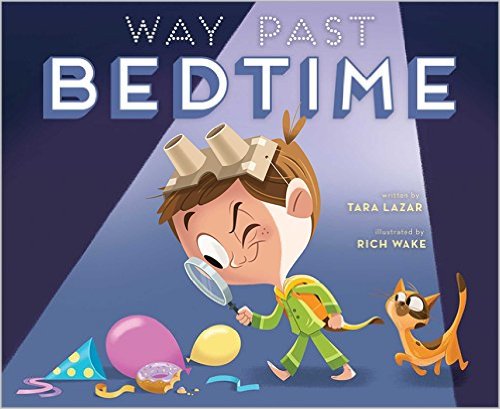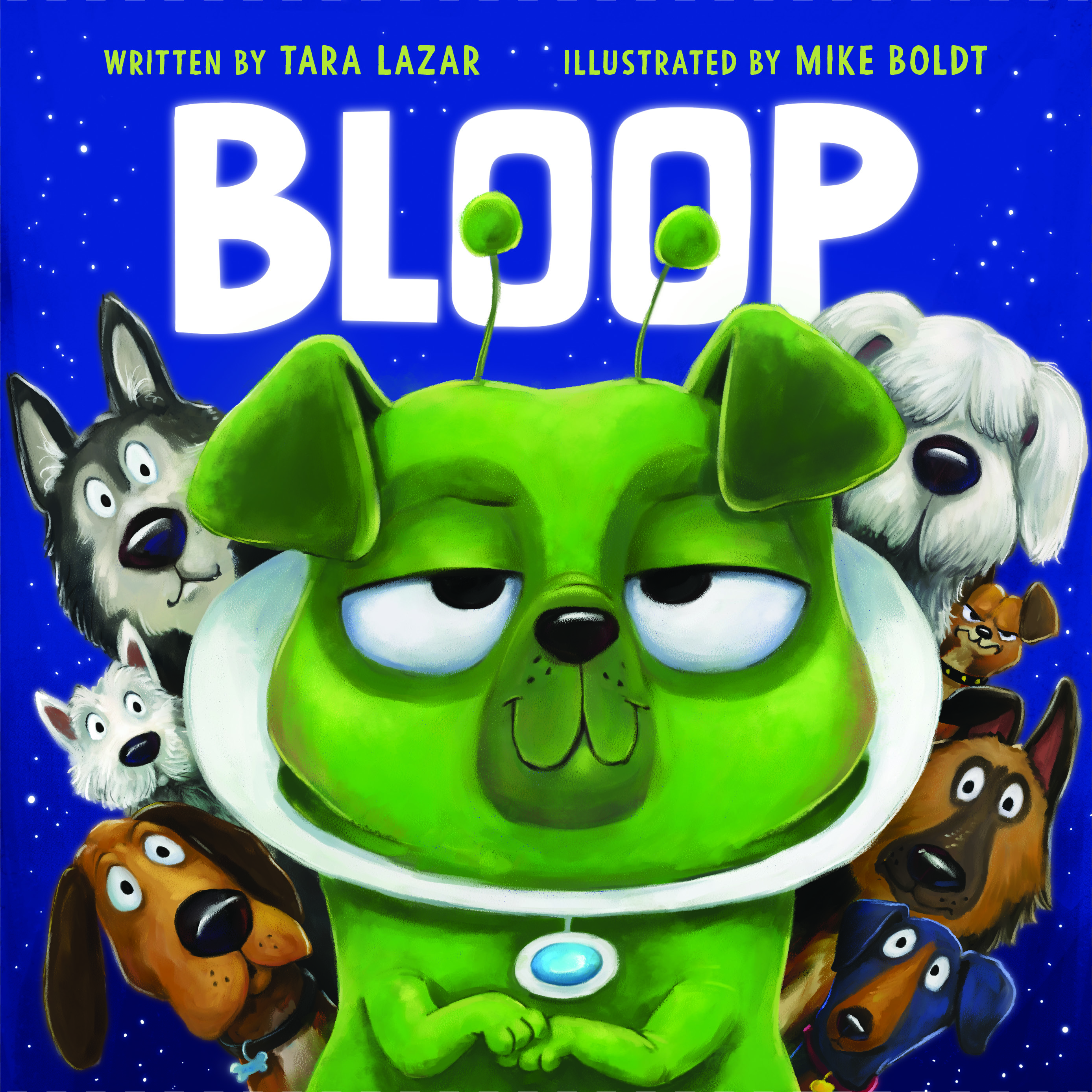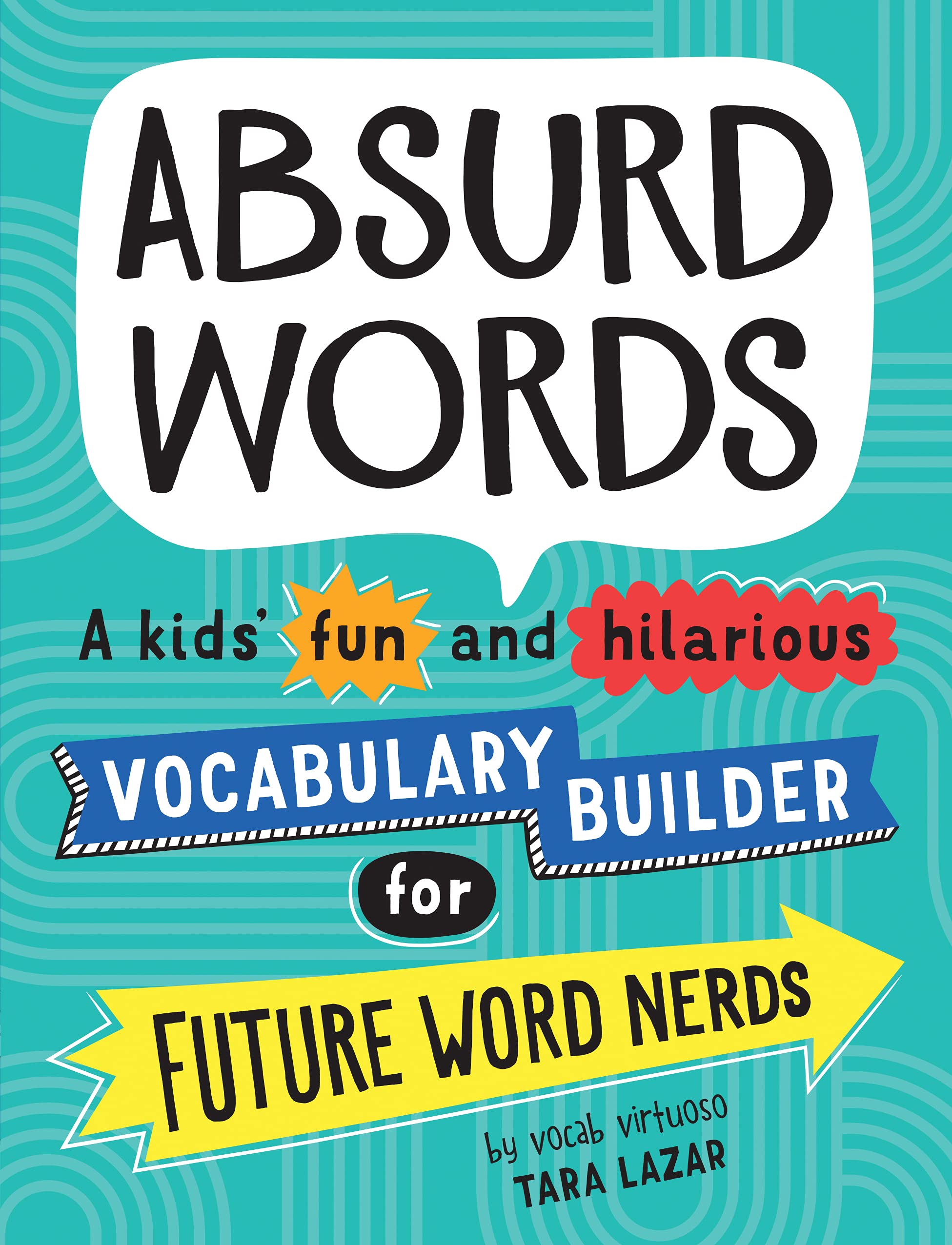Last week, the NY Times published an article on the decline of picture books, claiming that parents are pushing chapter books on younger children because they want to advance their child’s learning. (Although a parent’s quote was taken out of context.)
Is this truly a trend? Are parents feeling pressure to keep up with the Joneses, literally?
I hate to say it, but the answer is yes. (But stay tuned, we’ll circle back to picture books.)
The pressure to raise intellectually superior kids starts even before a child is born. The Mozart Effect suggested that playing classical music for your fetus boosted intelligence. Pregnancy Today says exposure to music in utero may instill your child with a sense of confidence after they’re born.
Remember Baby Einstein? The name alone gets parents thinking about academic achievement in the early years.
You’ve probably heard of Your Baby Can Read. They boast that “a baby’s brain develops at a phenomenal pace…nearly 90% during the first five years of life!” They urge parents to “seize this small window of opportunity,” as if your child will never have the capacity to learn again.
A local preschool is cleverly named “Ivy Leaf.” Are they suggesting enrollment will guarantee your child admission to Yale or Harvard? Hmm…
Kindergarten used to be a half-day of painting, building with blocks and playing music. But now children are given summer tutoring in math and reading to prep for Kindergarten.
Look at the rise of tutoring companies like Kumon and Sylvan.
Rigorous school standards push parents to raise children who are smarter, faster. No one wants their child to be left behind.
But should we give chapter books to young children? If they want to read them, sure! Education.com says “choice is vital to reading engagement. As children learn to self-select their reading materials, they become discriminating and independent readers.” That’s a fancy way of saying children who select their own books are more likely to become life-long readers—and learners.
That brings us back to picture books. They are intellectually stimulating:
- Reading with your child early and often helps develop the parent-child bond. (It’s a nice tradition, folks.)
- Illustrations help children comprehend the story when they don’t understand the language. They learn context.
- Picture books expose children to art. Some of the finest illustrative work in the world can be found in picture books.
- The repetitive phrasing common to picture books helps children recognize words.
- Rhyming picture books help children recognize word patterns.
- Children learn story and narrative structure in a concise format. They get a beginning, middle and end in less than 1000 words.
And, come on! PICTURE BOOKS ARE FUN!
I bet the Joneses read them, too.















13 comments
Comments feed for this article
October 11, 2010 at 4:38 pm
Rasco from RIF
Great post, Tara, keep the drumbeat going!
October 11, 2010 at 6:05 pm
Christie Wright Wild
So loved this post. Gives hope for the picture book, yet! Agree, agree, agree. I LOVE picture books. Teachers use them in school all the time, even in 5th and 6th grades!
October 11, 2010 at 7:44 pm
tara
Yes, Christie! I was recently contacted by a middle school teacher who uses picture books to teach story concepts.
October 11, 2010 at 8:05 pm
Julie
Great post Tara. I’ve started drafting my own blog post on this same subject, and was happy to find yours. We need to start spreading the good word about picture books the same way that YA authors do, IMHO. Much will be lost in childhood if picture books languish for too long.
October 11, 2010 at 9:08 pm
Expressmom
I know this post is aimed at younger kids, but my two cents focuses on children a bit older. People stop reading to their kids once their kids can read for themselves. My 12 and 14 year old love when we read books aloud together. We have read The Chronicles of Narnia, The Odyssey, The Iliad, and some of the Canterbury Tales aloud. I am sure if that had been an independent event much of the joy (& learning) would have been missed.
October 11, 2010 at 9:18 pm
tara
I totally agree! Reading together shouldn’t stop when kids can read independently. I love what you are doing with your older children and plan to do the same as my kids mature.
October 12, 2010 at 12:57 am
Sherrie Petersen
My husband reads picture books during some of the art classes he teaches (When Pigasso Met Mootisse and Dreamer from the Village, both great PBs about famous artists). I still read with my 11 and 8-year old. They love snuggling up together with a good book. No matter what the material, the important thing is to keep kids interested in reading.
October 12, 2010 at 8:15 am
Tricia Idrobo
I read the NY Times article too, and frankly I didn’t believe it. I don’t believe kids will stop loving picture books or that that the majority of parents will stop reading them to kids. (for all the reasons you cite) Sometimes I wonder if reporting something that happens ocassionally is actually the thing that creates a new trend.
P.S. I read to my daughters well after they could read independently, until, of all things, homework got in the way, which was I think until 6th grade. I loved the time together, and it did instill a love of books in them.
October 12, 2010 at 7:01 pm
tara
Tricia, I can imagine homework getting in the way. My 2nd grader has an hour of homework already! This goes with the whole theme of pushing children academically. I don’t think I had homework until 4th or 5th grade!
October 12, 2010 at 10:47 am
Heather Kephart
Picture books are valuable, stimulating, and a cultural staple!
What most parents may not know is that the language in picture books is often more sophisticated than the language used in easy readers or young chapter books. Picture books are designed primarily to be read aloud, so word choice isn’t as much of a consideration as it is with the early readers and chapter books.
So if you want to give your growing child a challenging book to read, it makes good sense to keep picture books in the mix!
Not to mention that WE NEED TO KEEP BOYS READING. Yes, many boys of the middle grades love and devour chapter books and middle grade novels. But many, who may not like to admit it, need the visual stimulation that picture books provide. They may not want to admit that to their parents, who keep pushing “words-only” books on them, so they lose the fun in reading, or stop reading altogether. Let’s keep writing, buying, and providing picture books for visual learners! And graphic novels as well. I say KEEP THEM READING! Love the boys, girls, and visual learners of all ages.
October 12, 2010 at 7:04 pm
tara
Great additional point about PB language, Heather. My daughter had to sound out several long words in a recent picture book, like “enthusiastically.” You won’t see that word in an early chapter book.
As a child, I was upset when I discovered novels didn’t have pictures on every page! I wanted pictures!
October 13, 2010 at 5:52 am
Catherine Johnson
Great post Tara. Let common sense rule and let kids be kids. Your adult for long enough!
October 18, 2010 at 8:25 am
Africa
Great post! As a librarian/bookseller, I see first-hand parents steer their children towards non-picture books. Many times it is because of school assignments which require them to read chapter books. I also see older kids pass my book display and glance at the books with great interest but perhaps don’t approach because they’re mostly picture books. Picture books=baby books seems to be the thought. We must continue to promote the value of these great books for all ages. I have plenty of adult customers w/o children who appreciate the artwork and stories. As Expressmom points out picture books are meant for sharing. They also require some “work” on the part of caregivers, some of whom would rather the child read independently. But that is the beauty of picture books, fostering a shared reading experience, encouraging visual literacy.